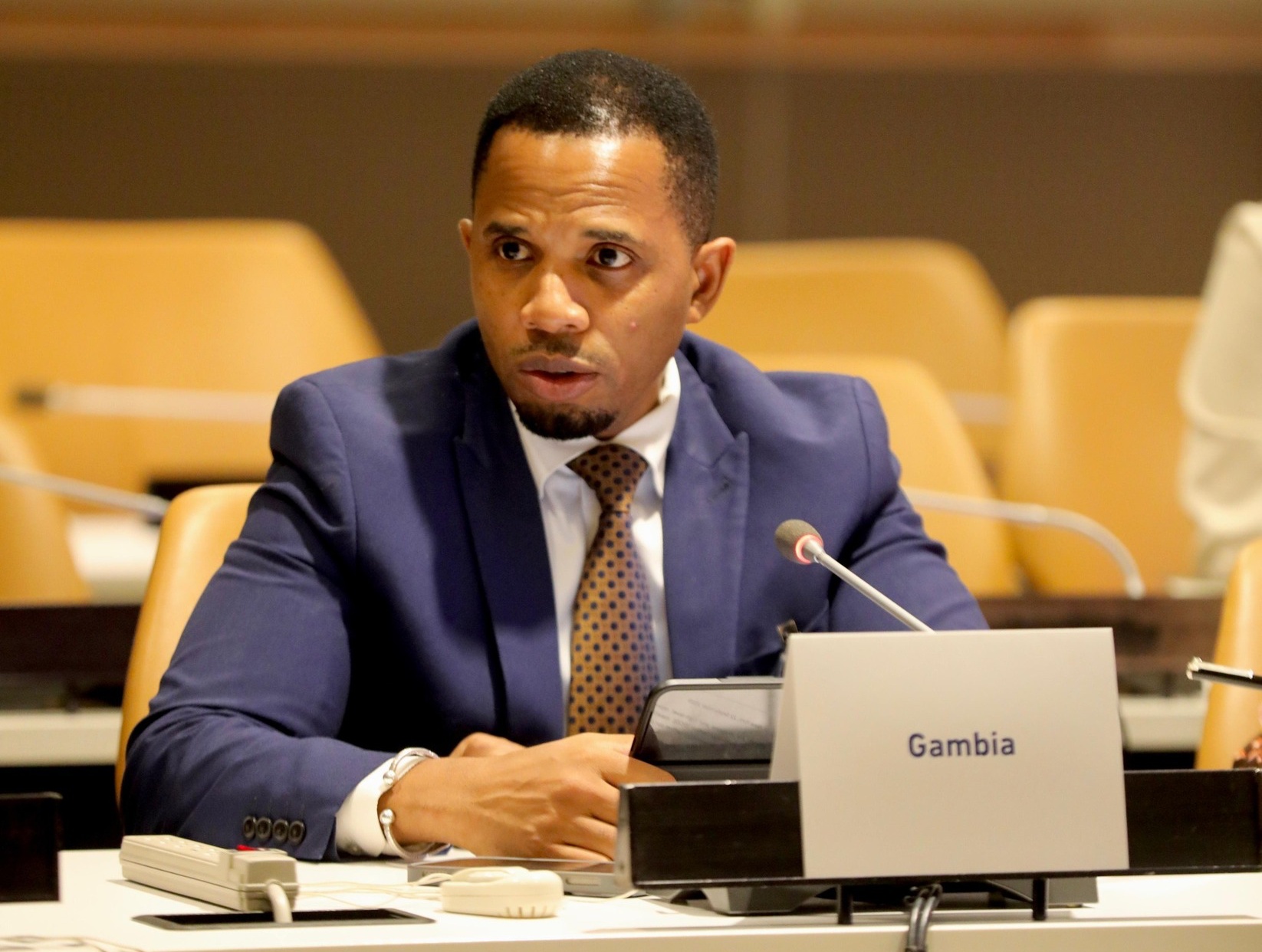Gambiaj.com – (JAHALLY, The Gambia) – President Adama Barrow’s ongoing “Meet the People” tour brought him face-to-face with the devastating impacts of recent flash floods in the Jahally Pacharr rice-growing region, where heavy rains have left farmers grappling with significant losses.
During his visit to the Pacharr rice fields, President Barrow was informed by Musa Darboe, owner of Maruo Farms, that up to 80,000 bags of rice might be lost due to the floods. The ROOTS project had enabled the acquisition of four new tractors for the farmers, with plans to purchase two more. However, the natural disaster derailed their progress, wiping out fields critical to local rice production.
Another affected farmer shared that while they had received vital inputs such as ploughing services, fertilizers, and seeds, the flood was an unforeseen calamity. He urged the government to step in and assist the farming community in rebuilding their livelihoods.
President Barrow personally assessed the damaged fields and pledged that his government would thoroughly evaluate the situation to provide necessary support to the farmers.
In Brikamaba, President Barrow inaugurated the newly completed EBA Central Food Processing Facility, a key component of The Gambia’s climate resilience initiatives. The state-of-the-art center is designed to aggregate, process, package, and market non-timber forest and agroforestry products, including peanuts, honey, and cashews.
The facility, which aims to add value to raw materials, is expected to empower women and youth farmers by giving them access to international markets. It is also part of broader efforts to combat hunger and promote sustainable environmental practices.
Marking the occasion, President Barrow planted a Baobab tree at the facility—a symbol of resilience and sustainability in West Africa’s climate.
The dual focus of the tour underscores the government’s commitment to addressing immediate agricultural challenges while investing in long-term climate-smart initiatives to secure the nation’s food security and economic stability.










